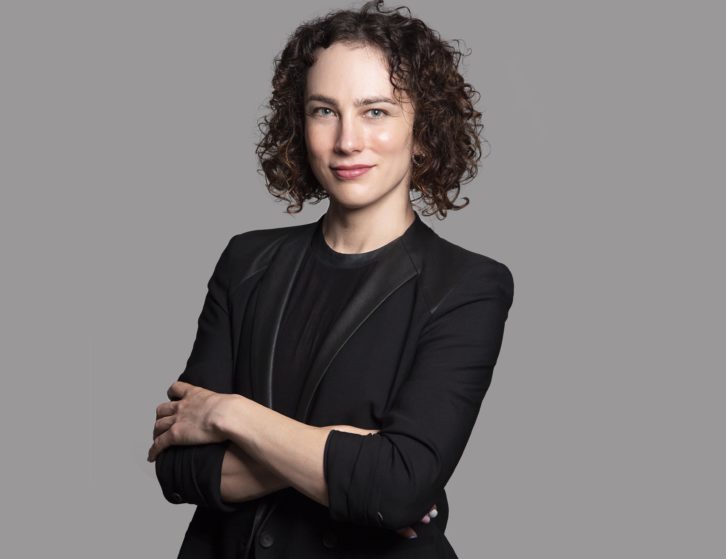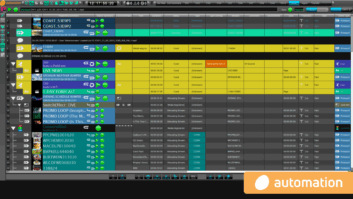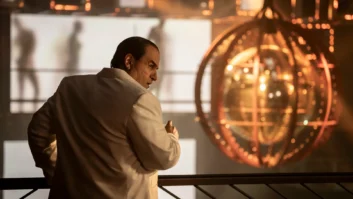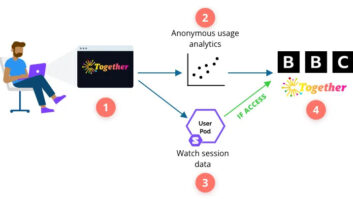Chris Birkinshaw, technology principal, Merapar
What is your background? How long have you been working in technology?
I had a middle class suburban upbringing in the north of England. My mum was the office administrator at a small telecoms company, while my dad repaired washing machines. I sometimes went with my dad on jobs, and I think that’s what sparked my interest in technology.
In 2003, I moved to London and took up my first full time job as a broadcast technician at the BBC, having finished my degree. In fact, I was so keen to move to London that I moved down before I’d even graduated and had to go back up to Sheffield for the ceremony.
What are your qualifications?
The only qualifications that I rely on in my day to day work are my Scrum.org agile certifications and my Amazon Web Services (AWS) technical certifications. It always surprises people to hear I have a degree in microbiology, but I think it’s important to note that having a relevant degree is not essential to succeed.
At a time when university education is financially out of reach for many people, I think we have to be open to people entering the industry from a range of routes, otherwise we won’t hire the best people and we will create a system that is discriminatory. When we have people of different backgrounds working together, we create diversity of thought which stimulates creativity. There is a wealth of research showing that more diverse teams are more creative and more diverse companies are more profitable.

What drew you to working in media technology?
I actually ended up in this industry completely by chance. I was set on a career in biomedical research and if I hadn’t noticed posters in our Student Union advertising a BBC broadcast engineering graduate training scheme, my life would have been very different.
The scheme had a rigorous two-day interview process, with an overnight stay and a formal dinner back when the BBC had the use of a stately home in the Cotswolds. The funny thing is I didn’t move forward with the graduate training scheme, but I got talking to a head of department who had a vacancy for a broadcast technician and wanted to hire someone immediately, so I skipped all the formal training and learned everything on the job.
Have you had any personal experiences which solidified your passion for media technology?
A colleague at the BBC accidentally caused a four-minute outage at primetime during coverage of an election in Northern Ireland. Theories started circulating that it was politically motivated and it was even discussed in Parliament. That made me realise just how important TV is.
Years later, while working for a reality TV streaming platform, I saw a series of video interviews with customers from a focus group and was taken aback by how important the service was to people. It became clear to me that it provided an escape from their daily lives and was a form of vital self-care.
What do you think makes you stand out against others in your field?
Although I like to get lost for hours in a complex technical challenge, I also enjoy helping people and finding ways to improve communication and collaboration.
I have a lot of experience in various roles, so this brings a certain amount of seniority, however I am strongly opposed to hierarchical leadership styles and don’t aspire to be a manager. For me, it’s vital I try to lead by example by asking how I can help and with any team I do help, my goal is to impart my knowledge and get them on their way under their own steam, not to make myself indispensable. This approach also suits my own personal needs as I like to have a lot of variety in my work, so this allows me to work across a broader range of projects.
What do you love most about your job?
I find the intersection between people and technology fascinating. Many years ago, I read a book called Here Comes Everybody by Clay Shirky, which is about how modern technology allows people to organise in vastly more efficient ways. Consider Wikipedia – which has around 300,000 monthly active editors – this would have been impossible to organise 50 years ago. Since reading that book, I have come across many examples of technological innovation enabling new ways of organising and collaborating. I think the serverless movement is a great example of that because it enables, and to a certain degree necessitates, new ways of organising.
Talk us through an average day in your role
One of the great things about my job is that no two days are the same. I maintain close relationships with people at various levels across multiple clients and we talk regularly about a variety of issues. Sometimes discussions are very technical, but they are just as often focussed on team dynamics and organisational challenges. Fortunately, I still have time to work on things by myself, for example prototyping ideas, preparing diagrams and documents and writing blogs, and also get involved in company strategy, sales and marketing activities and recruitment.
What piece of advice would you offer someone looking to explore a role similar to yours?
I actually have a couple of pieces of advice. Never stop learning. Try things out for yourself. Keep writing code. Don’t be afraid to make mistakes. Be humble.
Technology is evolving so fast, you have to be constantly, actively absorbing information by asking questions, challenging your assumptions and consuming media, but you should also roll up your sleeves and experiment. And finally, remember that no matter how much you know, you won’t be able to apply it effectively if you can’t communicate with people in a way that makes them feel valued and respected.







